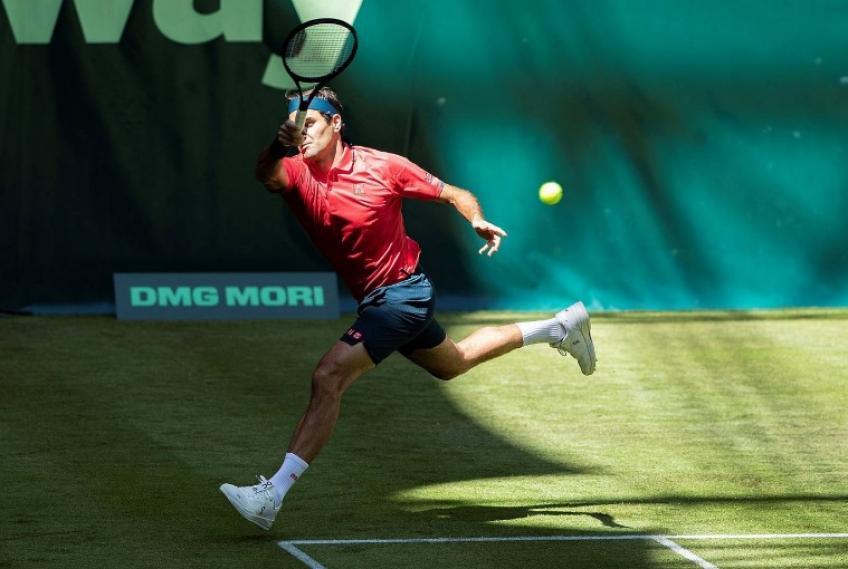To avoid spikes or event cancellations, countries in Asia and Europe have chosen to confine themselves.
While the vast majority of nations are reluctant to decree new closures in their cities to contain the spread of Covid-19, others are once again resuming mobility restrictions to avoid peaks in the future.
Such is the case of countries such as Lithuania, Russia and China (see boxes), which in recent days announced lockdowns due to the increase in infections and deaths due to the virus due to the relaxation in the self-care of the population, in addition to the casualties vaccination figures.
This panorama even motivated Tedros Adhanom, director of the World Health Organization (WHO), to affirm, last week, that the pandemic “is far from over”, at a time when the world is approaching the five million deaths due to the virus that again seems to be getting stronger due to its variants.
“Inequitable access to COVID-19 tests, treatments and vaccines prolongs the pandemic throughout the world and presents the risk of the emergence of new, more dangerous variants that could escape the means of fighting the disease. disease, “warned the WHO.
–
New Zealand surprises
In contrast to the closure announcements in European and Asian nations, New Zealand, the country that most shielded itself against the virus and which currently has its capital, Auckland, in confinement, announced last Friday that it will relax its restrictions in the middle of this month. .
Since the pandemic began, the oceanic nation – of a little more than five million inhabitants – has only registered 6,000 infections and 28 deaths, which gives confidence to the government of Prime Minister Jacinda Ardern, to reduce from 14 to 7 the days of quarantine to enter the country.
New Zealand has supplied the first dose of the anticovid vaccine to 87% of its population, while 72% already have both doses
– – .


